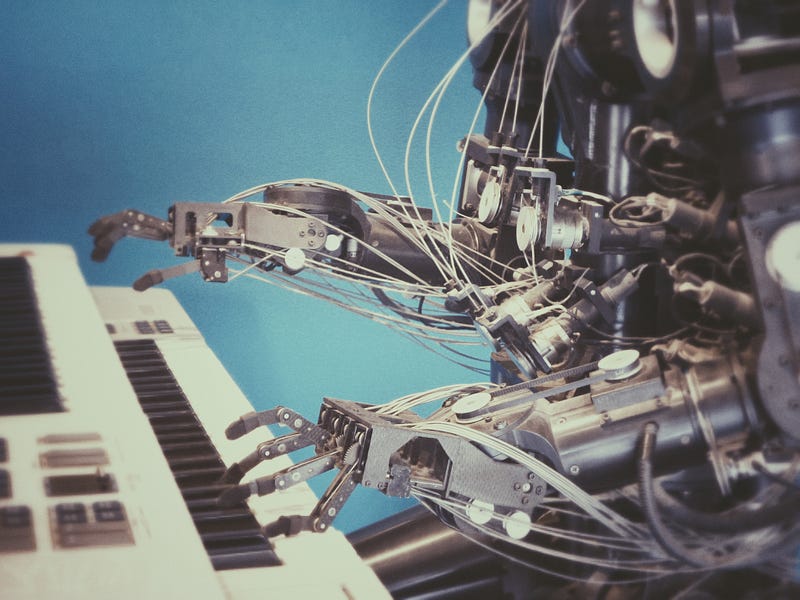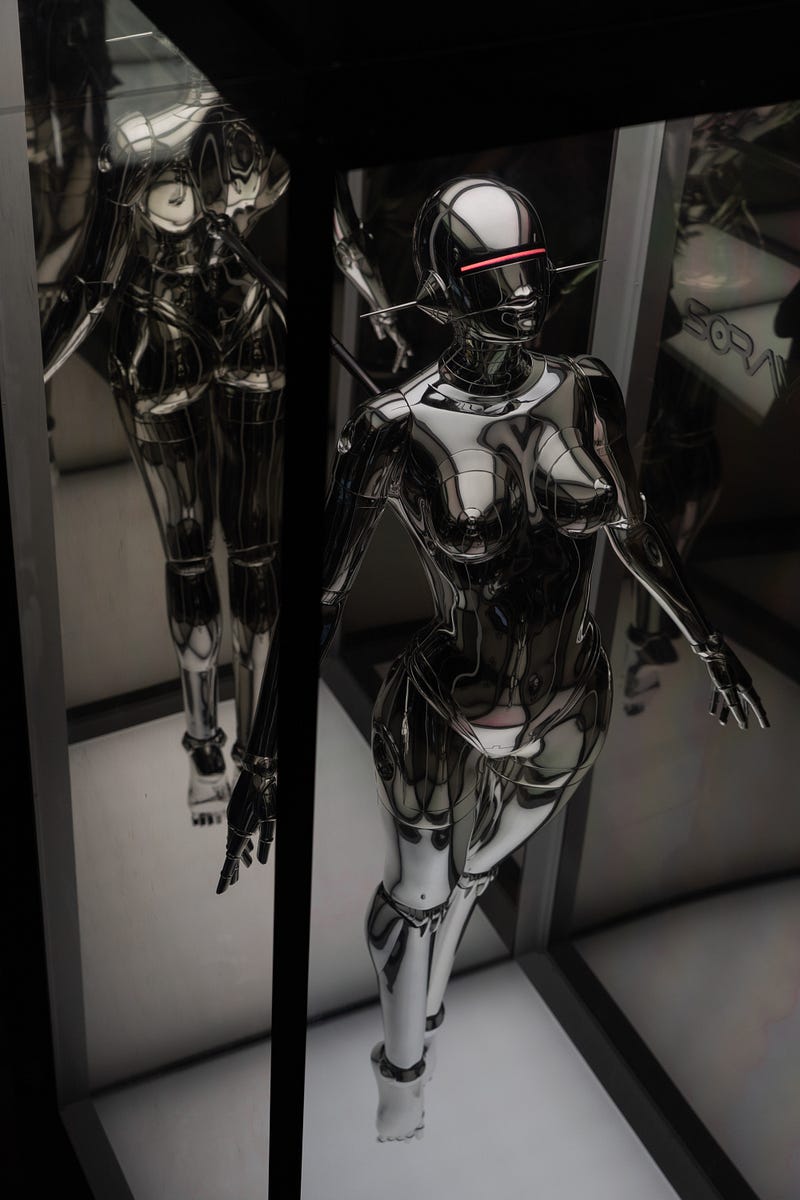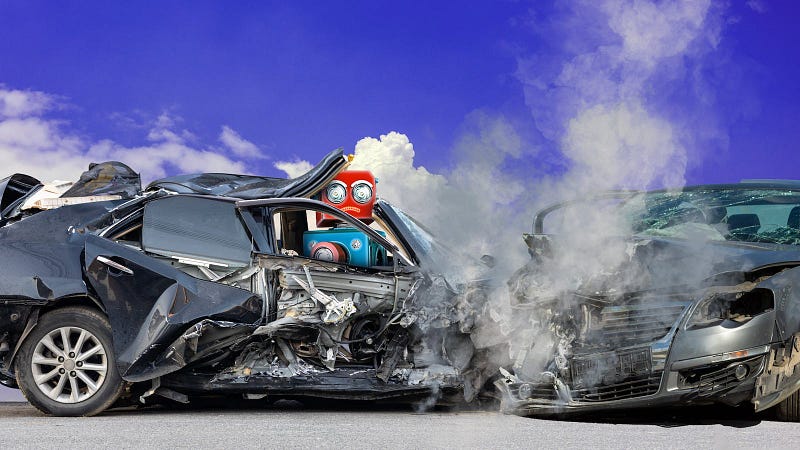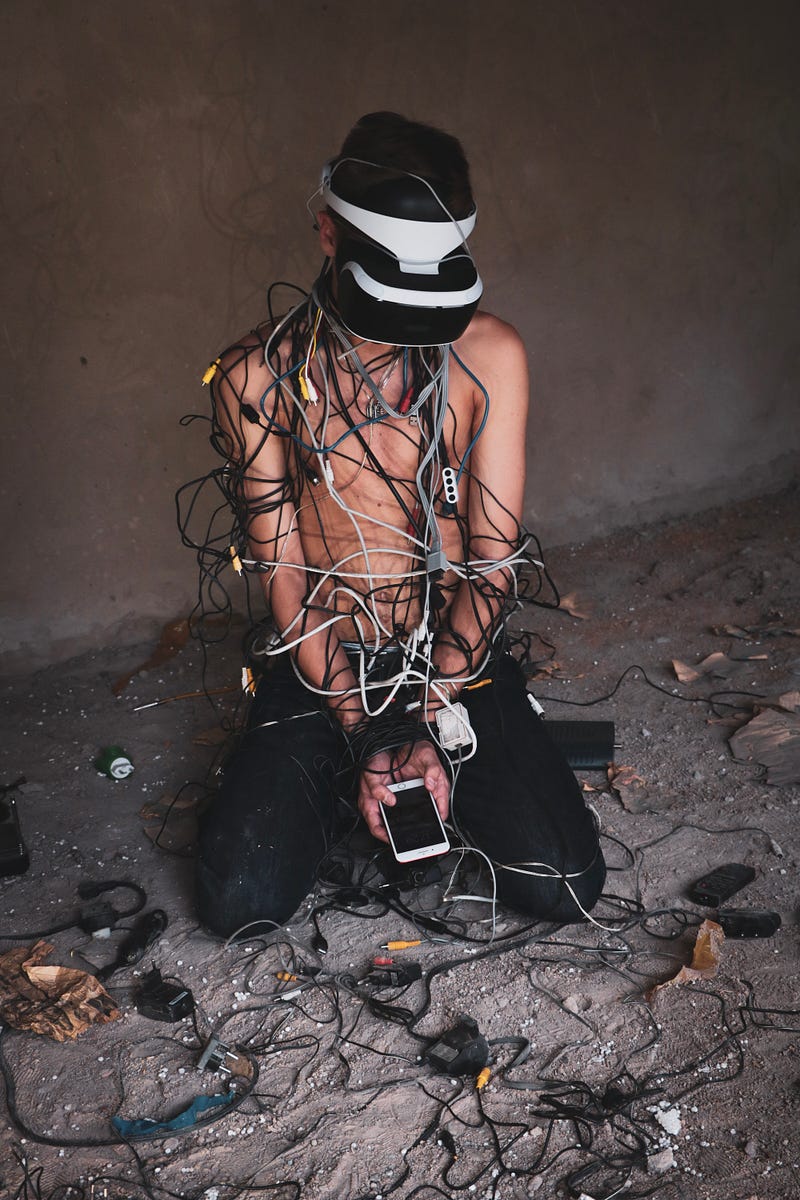AI: Understanding the Balance Between Fear and Innovation
Written on
Chapter 1: The Surge of AI Discourse
In recent weeks, there has been a significant uptick in discussions surrounding artificial intelligence, particularly with the emergence of tools like GPT-3.5 and AskAI. This surge isn't just a statistical increase; it reflects a deep sense of urgency among creators—be they writers, artists, or sculptors. Are these fears baseless, or is this a transformative phenomenon that could reshape our creative landscapes? Regardless, it presents a unique dilemma unlike any we have encountered before.
Writers, in particular, seem to be navigating these tumultuous waters with heightened curiosity and concern.

Photo by Possessed Photography on Unsplash
The rapid evolution of AI, though somewhat expected, has occurred at a breathtaking pace. It almost feels like a revolution erupted overnight. From the tech hubs of Silicon Valley to the bars in Key West, conversations are dominated by the implications of AI. Opinions, however, are divided. Is this discord justified? This is the first time humanity has had such revolutionary technology readily available, especially with the advent of tools like ChatGPT.
Alyssa Stringer from TechCrunch highlights a concerning trend: “Hackers are using ChatGPT lures to spread malware on Facebook.” According to a report by Meta, there has been a notable increase in malware disguised as ChatGPT, with security teams identifying ten malware families exploiting this theme since March 2023. Meta's security engineers Duc H. Nguyen and Ryan Victory noted the alarming trend of malicious browser extensions masquerading as ChatGPT tools, promoted through social media to ensnare unsuspecting users.

Photo by Xu Haiwei on Unsplash
Many individuals harbor fears that AI could dominate their lives, leaving them powerless to intervene. The anxiety escalates when they encounter articles detailing safety oversights or incidents where bots malfunctioned, causing harm. Such narratives fuel fears that can spread like wildfire—often exacerbated by personal anecdotes shared in local communities. Are these reactions misplaced? Should we categorize the unfortunate incidents, such as accidents involving AI vehicles, as rare anomalies? If so, what constitutes an acceptable threshold for risk?

Is this apprehension warranted?
While concerns are valid, we must also consider the myriad benefits AI brings. Particularly within the healthcare sector, the combination of scientific advancement and AI's rapid implementation offers remarkable possibilities.
The Economist states: “It can take a little imagination to see how some innovations might change an economy. Not so with the latest AI tools. It is easy — from a writer’s perspective, uncomfortably so — to think of contexts in which something like ChatGPT could either dramatically boost a human worker’s productivity or replace them outright.” The term "gpt" in ChatGPT indicates its generative pre-trained transformer nature, hinting at its potential to serve as a general-purpose technology akin to steam engines or electricity—capable of driving productivity across diverse industries.
The pressing question remains: Can we trust these systems? What level of autonomy should we grant them in decision-making? Is it feasible to program them to halt operations at the first indication of a problem?

Photo by Artyom Kim on Unsplash
Restricting their ability to learn could hinder their effectiveness, presenting a paradox. Should we embrace the risks, or should caution guide our approach? OpenAI's CEO has advocated for regulation, suggesting that oversight may be necessary. Does this bring us any reassurance?

Photo by Tech-bite
We are at the dawn of a transformative era, one that holds significant implications for humanity. It is crucial for those in positions of power to recognize the weight of this responsibility.
Chapter 2: The Creative Potential of AI
In the video titled "AI is NOT Your Enemy," the narrator explores how AI can complement human creativity rather than replace it, emphasizing collaboration rather than competition.
The second video, "AI is not the enemy of Creativity | #shorts #ai," succinctly illustrates how AI tools can enhance artistic expression, arguing that they should be viewed as allies in the creative process.